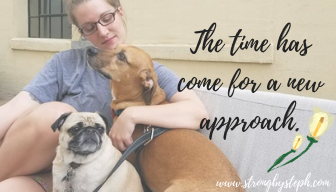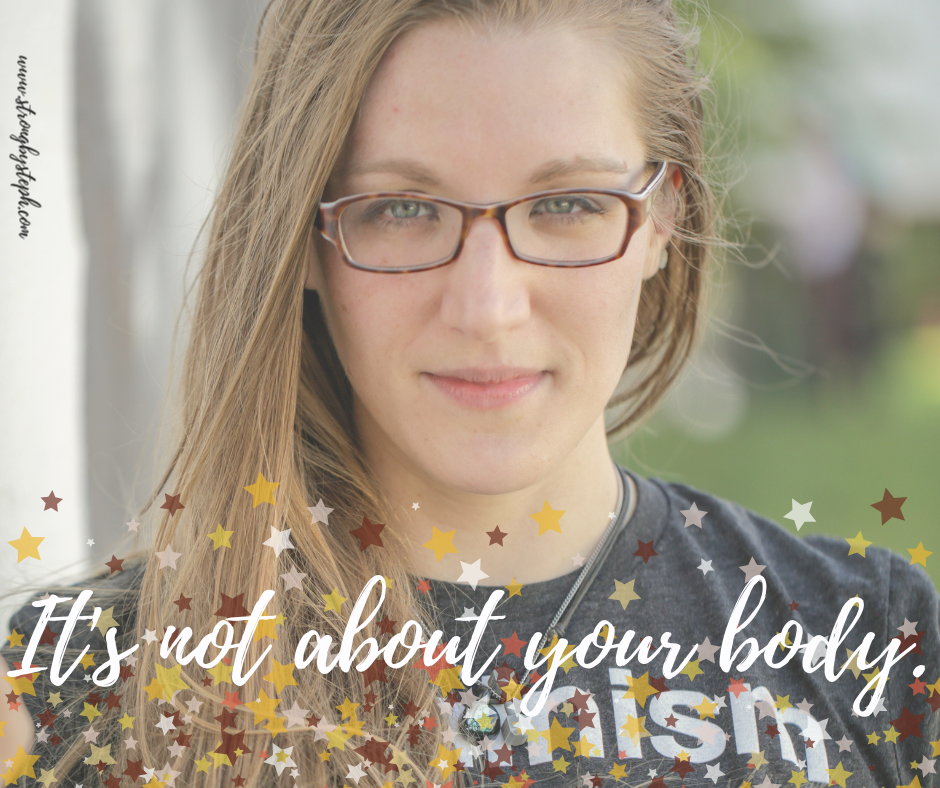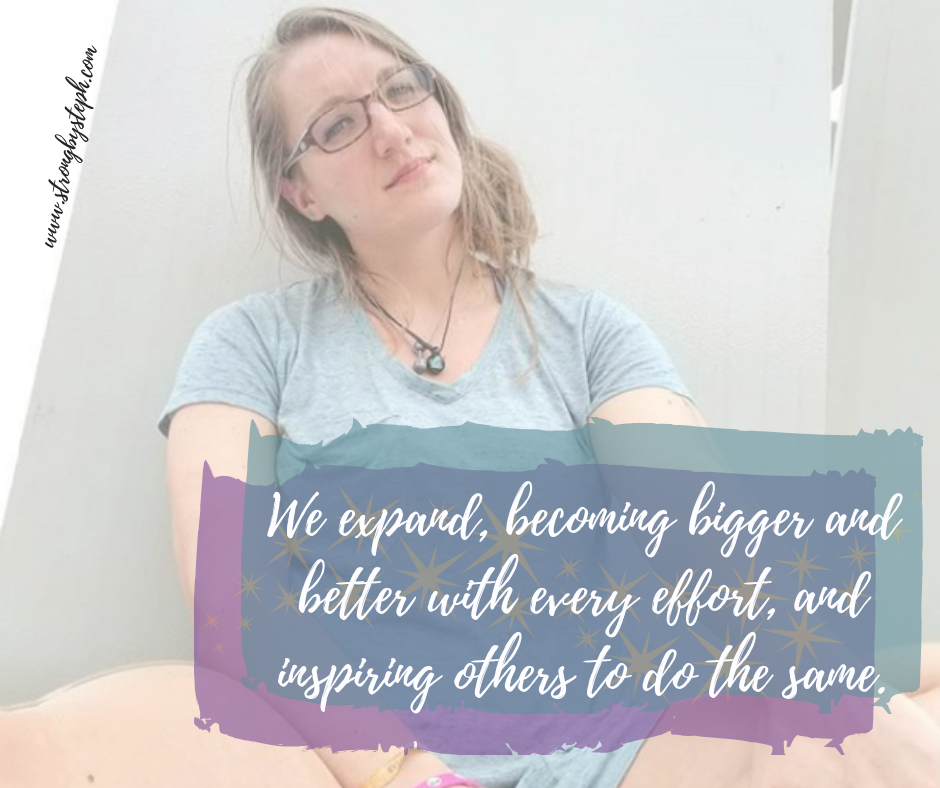“I went to squat yesterday. My warmup felt fine — I was a little tired, but I thought once I started lifting I’d feel better. I usually do,” a client said to me."When I got to the working sets, everything felt HEAVY. Like, heavier than it should have. I finished the workout anyway, because it was written down, so I had to do it. But I’ve felt like everything is heavy and takes longer than it used to for a couple of weeks now.
What am I doing wrong? Am I losing all my progress? How am I going backwards when I haven’t skipped a workout?”












